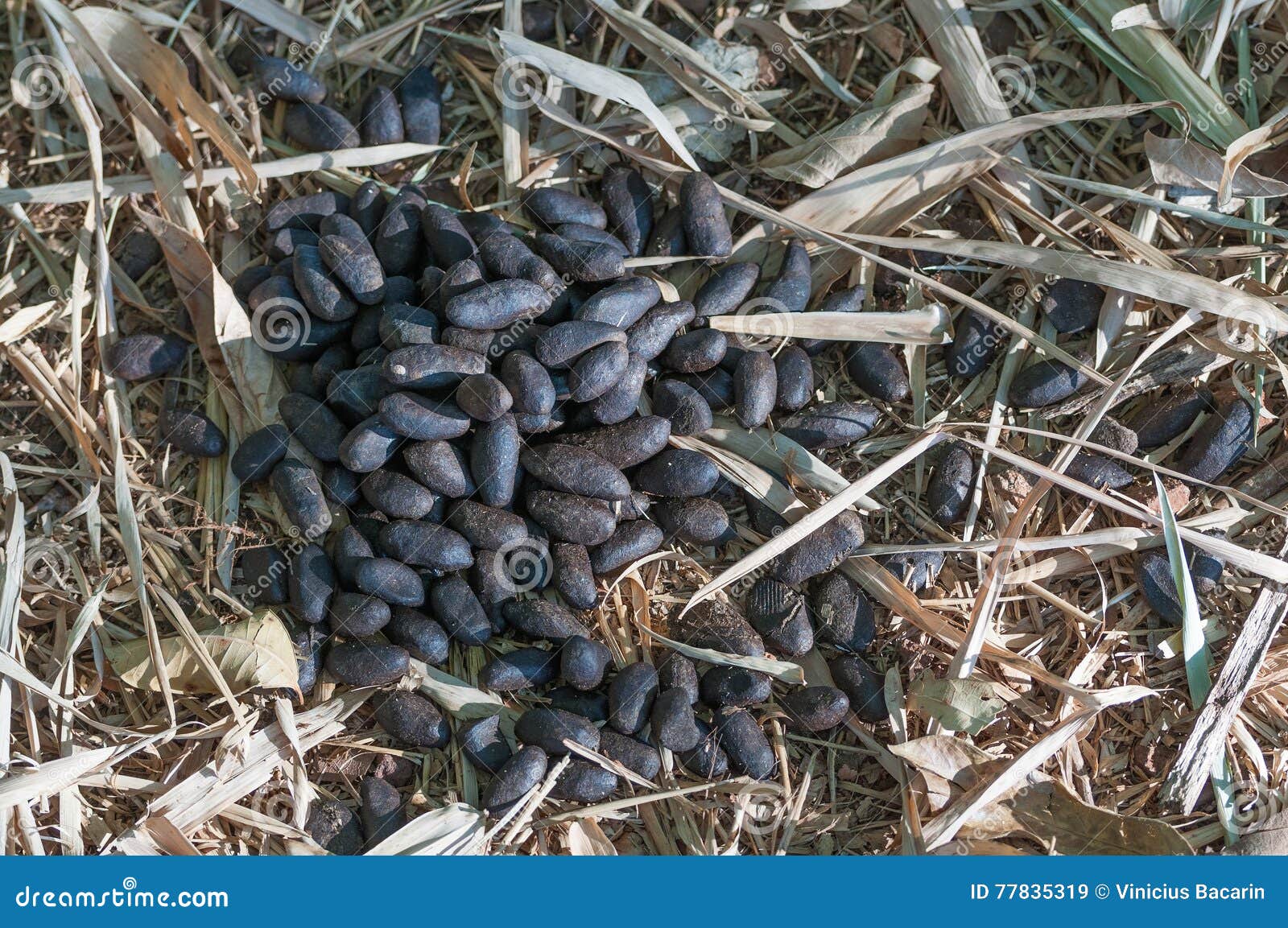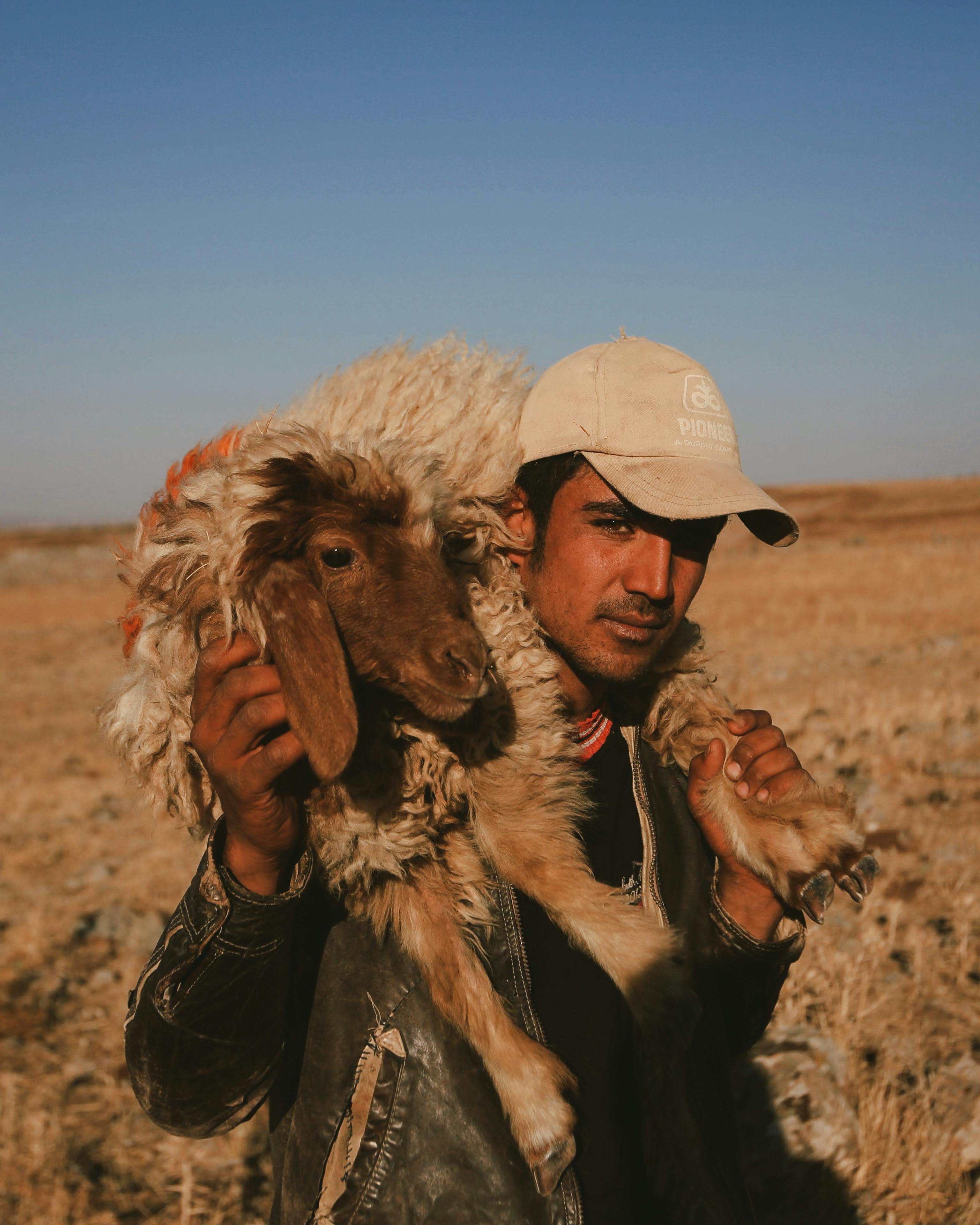When you think about capybaras, chances are your mind goes straight to their adorable, oversized teeth and their love for lounging in water. But what happens when these charming creatures bring a little... surprise into your bedroom? Yep, we're talking about capybara poop on bed. It might sound like a bizarre scenario, but trust me, it happens. So, buckle up, because we're diving deep into the world of capybaras and their bathroom habits.
Now, you might be wondering why anyone would even have a capybara in their bedroom in the first place. Well, these critters are becoming increasingly popular as pets, especially among animal enthusiasts who love exotic animals. But with great cuteness comes great responsibility, and that includes dealing with their... uh... business.
So, whether you're a proud capybara owner, someone who's considering bringing one of these giants into your home, or just plain curious about the weird and wonderful world of capybaras, this article has got you covered. Let's talk about capybara poop on bed, how to deal with it, and why it's not as gross as it sounds (well, maybe a little).
- Fairground Mishaps The Truth Behind Accident At Fair
- Alvin And The Chipmunks Alvin Crying Ndash The Heartfelt Story Behind The Tears
Here's a quick guide to what we'll cover:
- Capybara Biography
- What Do Capybaras Eat?
- Where Do Capybaras Live?
- Capybara Poop: The Basics
- Capybaras in the Bedroom
- Cleaning Up Capybara Poop
- Health Concerns
- Owning a Capybara
- Tips for Capybara Owners
- Final Thoughts
Capybara Biography
Before we dive into the nitty-gritty of capybara poop on bed, let's take a step back and learn a little more about these fascinating creatures. Capybaras, scientifically known as Hydrochoerus hydrochaeris, are the largest rodents in the world. They're native to South America and can weigh anywhere from 77 to 146 pounds. That's a lot of rodent!
Meet the Capybara
These social animals are known for their laid-back demeanor and love for water. They're often spotted lounging in rivers, lakes, and swamps, where they cool off and socialize with their fellow capybaras. But what about their life outside of the wild? More and more people are adopting capybaras as pets, which brings us to the topic of... you guessed it, capybara poop on bed.
- Bailee Clemmer The Rising Star Of Country Music
- Unleashing The Creativity Within A Comprehensive Dive Into Monster Stitch
Here's a quick rundown of some key capybara facts:
| Scientific Name | Hydrochoerus hydrochaeris |
|---|---|
| Weight | 77-146 pounds |
| Height | Up to 2 feet |
| Lifespan | 8-10 years in the wild, up to 12 years in captivity |
| Diet | Grass, fruits, and aquatic plants |
What Do Capybaras Eat?
Understanding a capybara's diet is key to understanding their poop. These herbivores primarily munch on grass, fruits, and aquatic plants. They're also known to practice coprophagy, which means they eat their own poop. Don't judge—it's actually an important part of their digestive process!
Why Do Capybaras Eat Poop?
Capybaras eat their poop to help them digest tough plant material. Their stomachs contain special bacteria that break down cellulose, and by eating their poop, they ensure these bacteria stay active. It might sound gross, but it's a clever survival strategy.
Where Do Capybaras Live?
In the wild, capybaras thrive in wetlands, grasslands, and forests. But what about in captivity? Many capybara owners create special enclosures for their pets, complete with pools and plenty of space to roam. Some even let their capybaras roam free in their homes, which can lead to... well, accidents.
Capybara Poop: The Basics
Now, let's get down to business. Capybara poop is usually small, round, and dark brown. It doesn't smell as bad as you might think, thanks to their herbivorous diet. But that doesn't mean you want to leave it on your bed for too long!
How Often Do Capybaras Poop?
Capybaras can poop up to 5-6 times a day, depending on their diet and activity level. So, if you're letting your capybara roam free in your home, be prepared for some frequent clean-ups.
Capybaras in the Bedroom
So, why would anyone let a capybara into their bedroom in the first place? For starters, capybaras are incredibly affectionate animals. They love being around their human companions and will often seek out physical contact. But with that comes the risk of... well, capybara poop on bed.
Is It Safe to Let a Capybara in Your Bedroom?
Letting a capybara into your bedroom isn't necessarily unsafe, but it does come with some risks. Besides the obvious poop situation, capybaras can also chew on furniture, clothing, and other household items. So, if you're considering letting your capybara into your bedroom, make sure it's a well-thought-out decision.
Cleaning Up Capybara Poop
Okay, so you've found some capybara poop on your bed. What now? First, don't panic. Capybara poop is relatively easy to clean up, especially if you catch it early. Here's a quick guide:
- Use gloves to protect your hands.
- Remove any bedding that's been soiled and wash it separately.
- Wipe down the mattress with a disinfectant to ensure it's clean and hygienic.
- Consider using a mattress protector to prevent future incidents.
Health Concerns
While capybara poop might not smell as bad as other animals', it can still carry bacteria and parasites. It's important to clean up any poop promptly and thoroughly to avoid any health risks. If you're concerned about your capybara's health, consult a veterinarian who specializes in exotic animals.
Owning a Capybara
Owning a capybara is a big responsibility. These animals require a lot of space, a proper diet, and regular veterinary care. Plus, there's always the chance of capybara poop on bed. But for many owners, the joy of having such a unique and loving pet is worth it.
Is a Capybara Right for You?
Before you rush out to adopt a capybara, ask yourself a few questions. Do you have the time, space, and resources to care for such a large animal? Are you prepared for the challenges that come with owning an exotic pet? If the answer is yes, then maybe a capybara is the right pet for you.
Tips for Capybara Owners
Here are a few tips for capybara owners:
- Provide plenty of space for your capybara to roam and play.
- Offer a balanced diet of grass, fruits, and vegetables.
- Regularly clean your capybara's living area to prevent the spread of bacteria.
- Be prepared for the occasional capybara poop on bed and have a cleaning plan in place.
Final Thoughts
So, there you have it—the lowdown on capybara poop on bed. While it might not be the most glamorous topic, it's an important one for anyone considering owning a capybara. These animals are fascinating, affectionate, and, yes, a little messy. But with the right care and preparation, they can make wonderful pets.
If you're a current or prospective capybara owner, we'd love to hear from you. Share your experiences, tips, and stories in the comments below. And if you found this article helpful, don't forget to share it with your fellow animal lovers!
- Discover The Fascinating World Of Ima Butterfly
- Discovering Anny Fry The Rising Star In Music And Beyond


